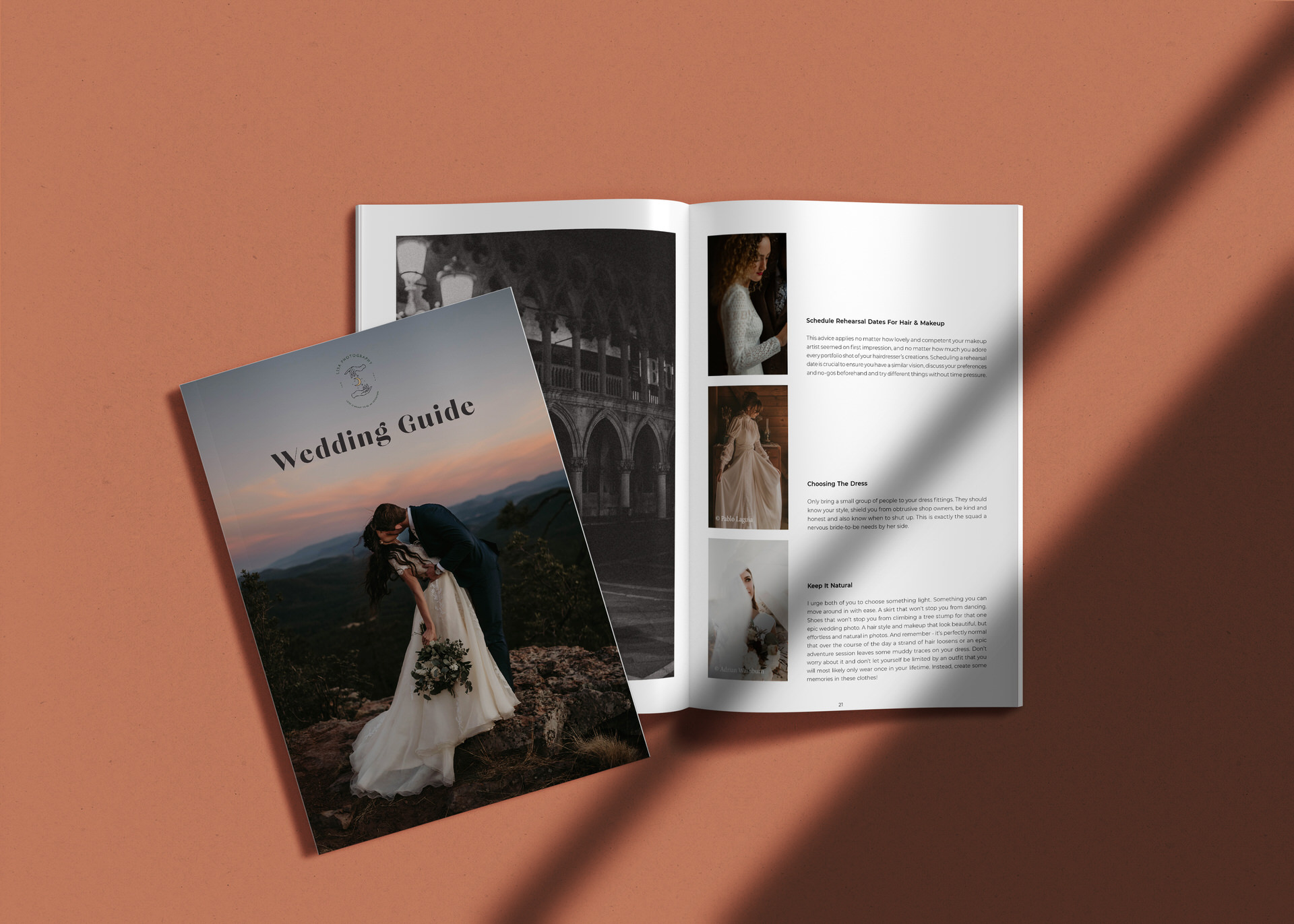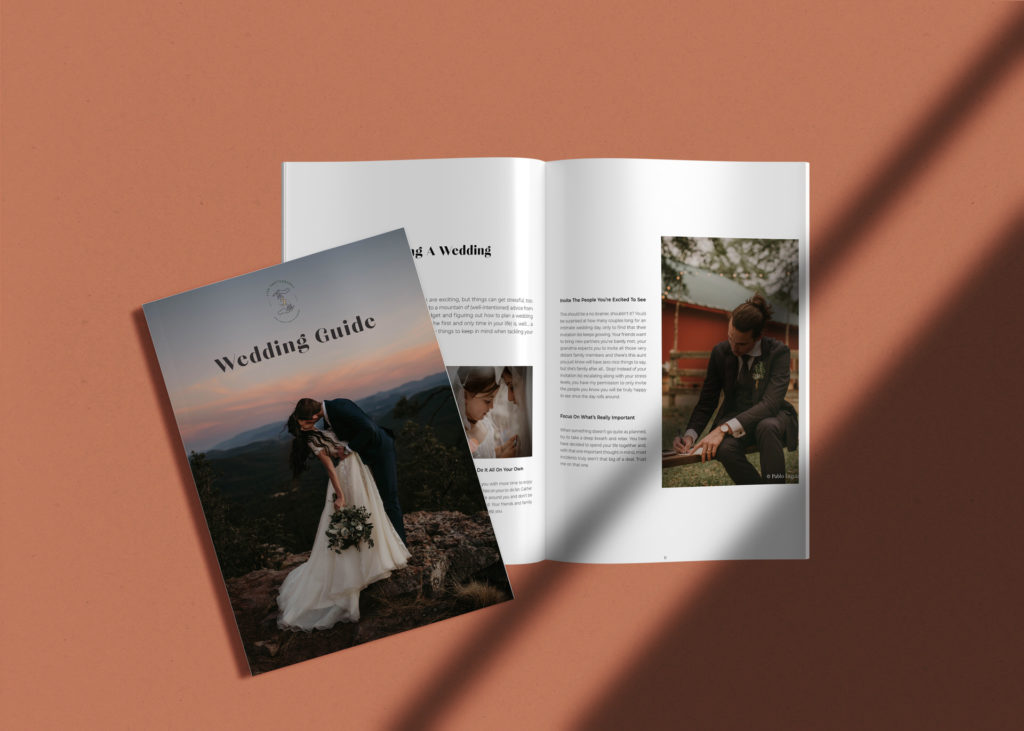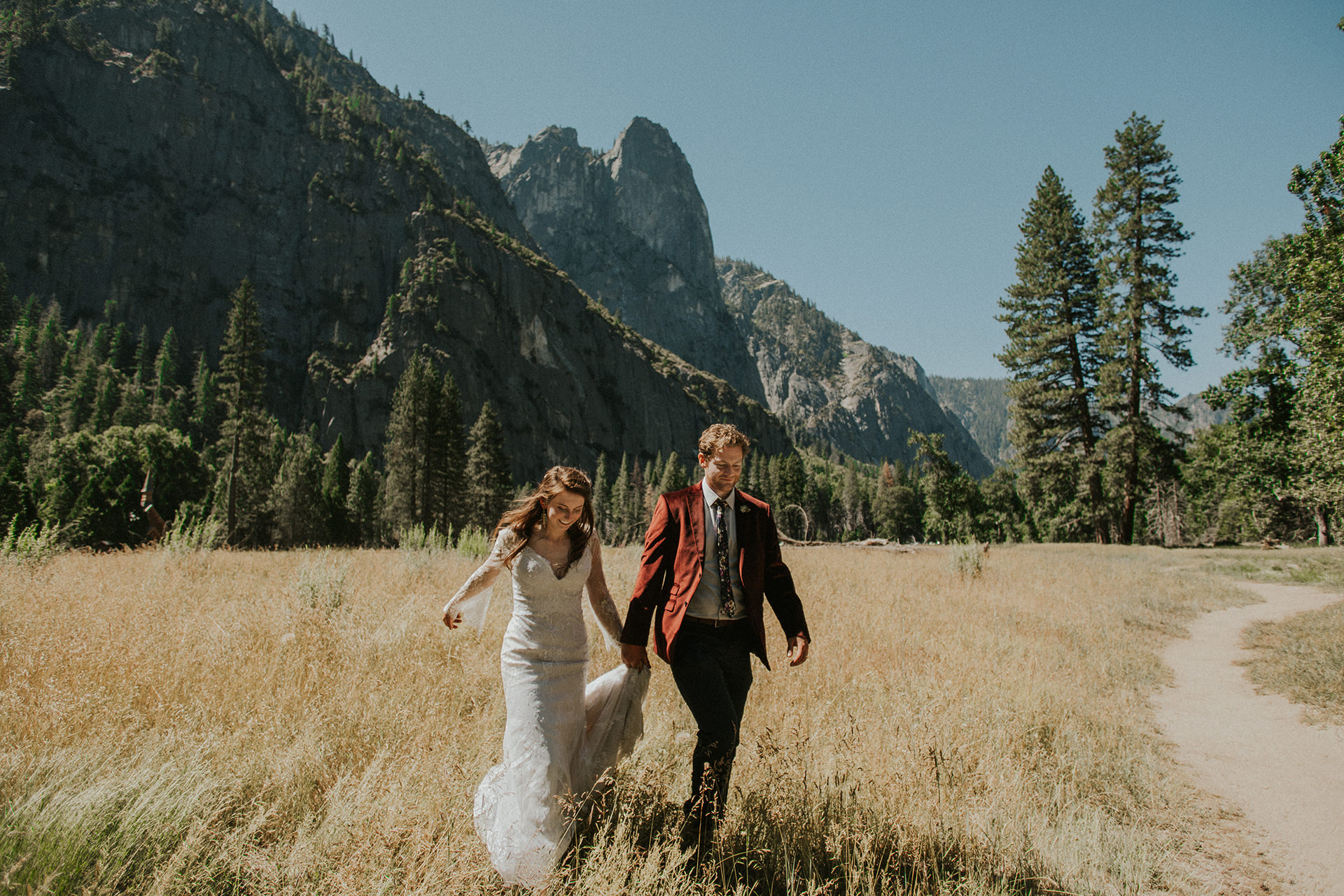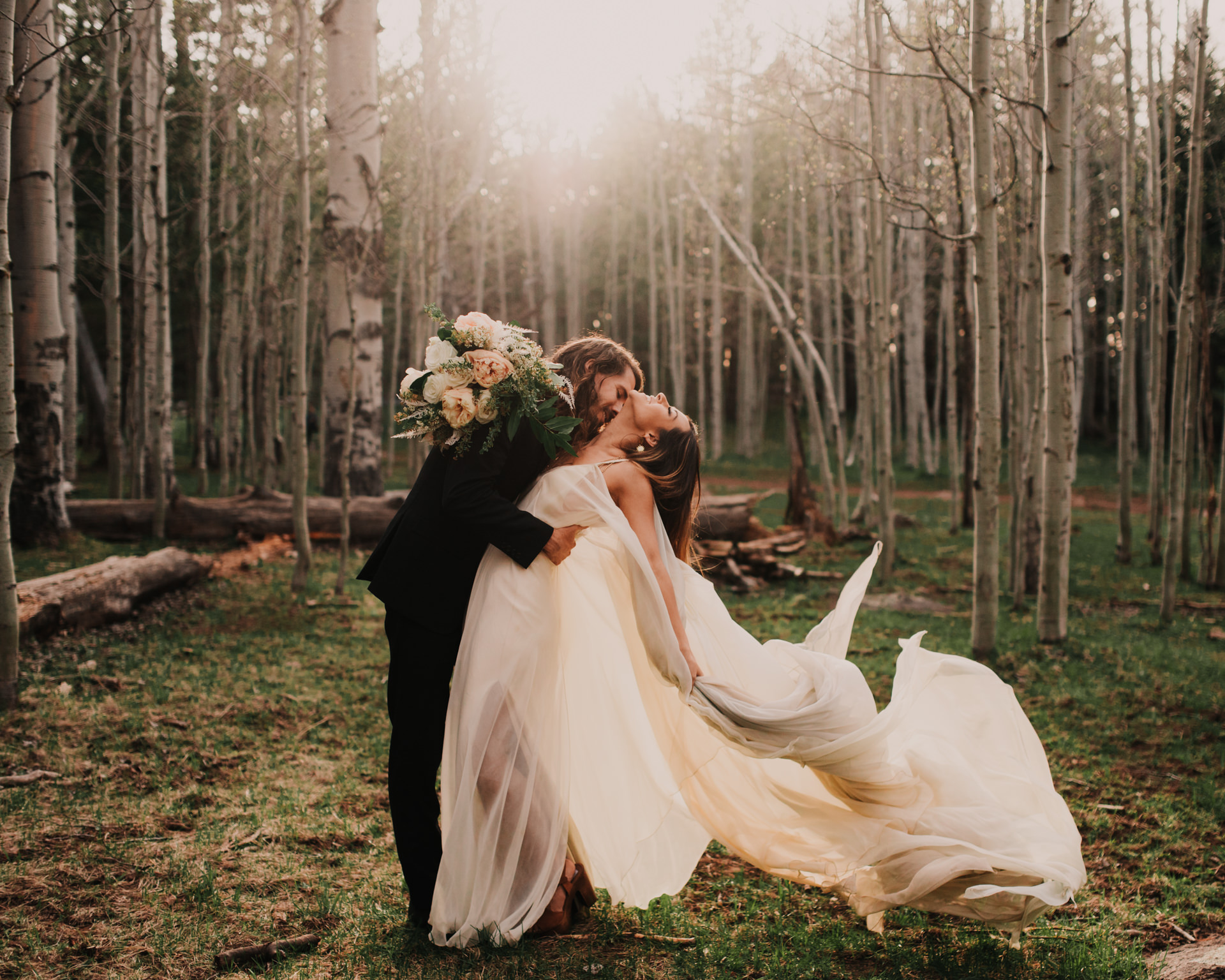We’ve all been there…
Tiredness, feeling constantly stressed, growing to dislike your job, and even questioning if you’re in the right career in the first place.
If all this sounds familiar, chances are, you’re going through a bout of burnout.
You see, when you care deeply about your job like we do, it’s easy to expect too much of yourself, to struggle with finding a work-life balance, and to, generally, put your passion before your wellbeing…
(sleepless editing nights, we’re looking at you!)
But sometimes, burnout can be a sign of something more serious.
And that’s not to say that burnout itself isn’t a big deal, because it is — but it might be an offshoot, or precursor, of an even bigger problem that needs addressing.
Today, we want to help you recognize the symptoms of burnout and how to know when your burnout might actually be a sign of depression.
First, how do you know if you’re going through a burnout?
In a nutshell, burnout is a state of emotional and physical exhaustion triggered by excessive stress and overworking yourself.
Common symptoms include:
- Tiredness
- Frustration
- Lack of enjoyment
- An inability to focus
- Feeling overwhelmed
- Struggling to keep up with day-to-day tasks
A lot of this is completely inevitable if work is taking over your life — and, honestly, it’s easy to see why.
Think about it.
If you’re constantly chasing clients, responding to emails, editing photos, posting to social media, putting together client briefs and, you know, actually attending weddings… where’s the time for you? The time to recharge those batteries?
There isn’t any, and that is the problem.
But how do you actually deal with burnout?
Well, first and foremost, you’ve got to be kind to yourself.
And we mean that very seriously.
Just because ‘self-love’ is all the hype right now, doesn’t mean it’s a ‘fad’ or ‘gimmick’ — especially when it comes to your mental health.
In fact, it could be what saves you from falling even lower, which we’ll touch on later.
If you’re feeling burnt out, recognize what’s happening, and don’t be hard on yourself — there’s no shame in needing to take your foot off the pedal every now and then… we all need to do it, and, actually, it’s the best thing you could do when burnout strikes.
If you keep working through a tough time, chances are, things are only going to get worse.
So, as soon as you find some free time (or are able to make some) — take a break, and don’t worry about ‘falling behind’ or ‘missing out’ on work. There’s a much bigger picture we’re looking at here; one that’s far more important than deadlines.
Take as much time off as you need and relax in whatever way you can.
Do things you enjoy, catch up on sleep, watch movies, go for a walk… anything that frees your mind from work, do it, and don’t feel guilty about it.
Then, after clearing your head, it’s time to address why you are feeling the way you are in the first place.
We know it can be difficult to find clarity in times of chaos, but the truth is, a break isn’t going to improve your situation unless you use it wisely.
That’s why it’s so important to ask yourself a few, fundamental questions:
- Firstly, what do you love most about your job?
- And what do you not like so much about it?
- What’s causing you the most stress at work?
- And how could you stop that from happening?
Answer these, and you’ll soon be able to unlock the reasons behind your burnout. This will allow you to make direct changes and prevent another burnout from occurring in the future — which, ultimately, is what matters most.
After some time reflecting, you might decide that you need to…
- Take on fewer clients (and charge more)
- Outsource your photo editing tasks (to stop those sleepless nights)
- Bring in a new team member to help confirm bookings…
- Build better systems to work more efficiently
- Or anything else that helps to improve your current problems with work
Whatever it is, if you’ve identified a solution to a burning problem, take action and put it in place. Not only will you avoid a second burnout, but you could also streamline your business and boost profits, too.
Of course, not every ‘burnout’ can be ‘fixed’ by changing your work life, however. And when that’s the case, there might be something more to your situation than first meets the eye.

Photographer: Joy and Everette
The meeting points of burnout and depression — and why you should take it seriously
Burnout and depression can be deceptively similar.
Both can present symptoms like tiredness, sadness and frustration, and both can make you feel very negative towards your work.
But the difference between burnout and depression is that the latter can have far wider consequences and can impact your life beyond just work. It also tends to last much longer and isn’t something that will change after a few days off.
Common symptoms of depression include:
- Disconnection from friends and family
- Feeling emotionless and ‘numb’
- A view that nothing will ever get better again
- No longer enjoying hobbies
- Wanting to be alone
- Struggling to sleep, or sleeping too much
Based on these, you can see a clear difference between burnout and depression. Whilst the former is quite temporary, the latter is more deeply felt, and it is much harder to overcome — even if you make changes to how you run your photography business.
The thing about burnout and depression, though, is that one can often lead to the other.
If you don’t take your burnout seriously — or the changes you put in place don’t shift how you’re feeling — there’s a risk that it might progress into depression, especially if work isn’t the only thing you’re struggling with.
That’s why you should really be kind to yourself in difficult times and try to address what’s at the root of the problem.
That said, there’s no ‘quick fix’ for depression, and nor should you feel pressured to find one — but what can you do if you’re depressed?
How to overcome depression as a wedding photographer
Burnout and depression are both signs that something isn’t working.
The difference between the two, however, is that it can be harder to pinpoint — and change — what that ‘something’ is if you’re feeling depressed.
Depression can cloud your judgement and make us feel numb towards the prospect of change. This can make it tricky to get to the root of the problem, which is why, in some instances, it’s a good idea to seek professional help.
Therapy, counselling and medication could each work together to help you beat your depression once and for all.
And when you’re feeling better, you might find that you are able to think a little more clearly about why you were so unhappy, to begin with.
Just like with burnout, then, it’s important — when you’re ready, of course — to think about your life, including your wedding photography business, and what you might want to change about it.
You might, for example, find that it wasn’t your business, at all, that made you unhappy… and that you’d like to continue doing what you do best.
But if you realize that your business was contributing to your depression, make changes, and reach out to other photographers for support on how to strike a work-life balance that works for you.
And, of course, if you decide that you think you’d benefit from taking a break from wedding photography — that’s okay, too!
The truth is, running your own business is never a walk in the park… and there’s absolutely no shame in putting your mental health before your career. In fact, it’s the right thing to do, and in the long run, will only strengthen your future, going forward.
So, again, don’t be hard on yourself, and do whatever it is you need to do to make yourself feel better again — even if that means hanging up the camera and confetti for a little bit. There will always be weddings to shoot! Remember that, and let time do its thing.
Burnout and depression — the bottom line
Whether you’re burnt out or suffering from depression, it’s absolutely vital that you give yourself some time to plan your next steps.
In the case of burnout, you should be able to quite quickly recalibrate your approach to work with a few savvy decisions. But if things are getting a little harder, be kind to yourself and recognize that it might be time to seek some help.
In either case, always remember to put yourself first — an alien concept to us wedding photographers, we know, but one that could not only save your business, but your happiness, too.
Stick by this rule, and you’ll be back to shooting weddings in no time at all… when you’re ready, that is.
Head over to our blog for more content on how to look after yourself as a wedding photographer — and, above all, remember to stay strong; you’ve got this!
Connection is what it’s all about. Feel free to reach out to us with any comments or questions you might have, even if it’s only to say hello. If it wasn’t for our beautiful community, this place just wouldn’t feel the same.












0 Comments